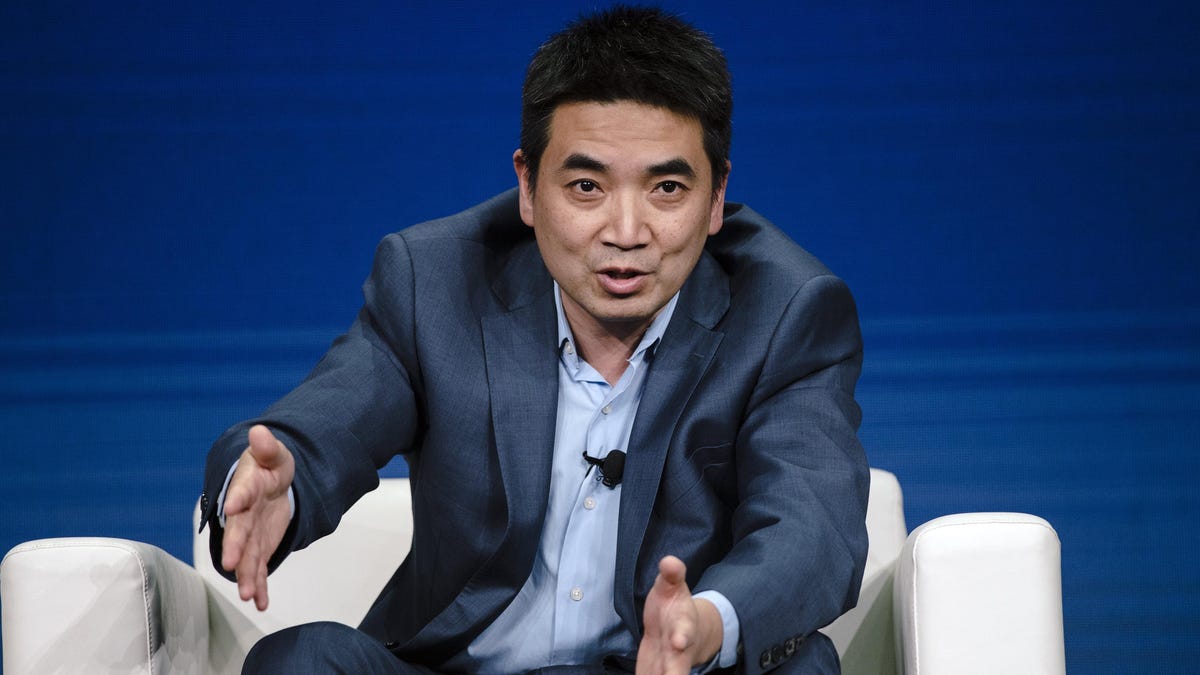The company made famous by pandemic video chatting has a new vision for the future of work. Zoom CEO Eric Yuan told The Verge that AI avatars will one day do your job on your behalf. According to Yuan, the avatar will speak in your Zoom meetings for you, answer emails, and take phone calls, supposedly freeing you up for the rest of your life.
Today for this session, ideally, I do not need to join. I can send a digital version of myself to join so I can go to the beach. Or I do not need to check my emails; the digital version of myself can read most of the emails. Maybe one or two emails will tell me, “Eric, it’s hard for the digital version to reply. Can you do that?” Again, today we all spend a lot of time either making phone calls, joining meetings, sending emails, deleting some spam emails and replying to some text messages, still very busy. How [do we] leverage AI, how do we leverage Zoom Workplace, to fully automate that kind of work? That’s something that is very important for us.
Yuan’s comments on the future of AI work suggest Zoom will one day develop an AI avatar that looks like you, talks like you, and can make decisions that affect your job. He essentially described that everything you do over Zoom or another workplace software could be automated. To be clear, there’s no evidence that Zoom can do any of this, but Yuan wants his company to be the one to do it. Currently, the extent of Zoom’s technology in this field is AI-generated summaries of meetings that can catch you up to speed. While it’s helpful, it’s incredibly low stakes compared to the outrageous features Yuan describes.
“I truly hate reading email every morning, and ideally, my AI version for myself reads most of the emails,” said Yuan. “We are not there yet.”
Yuan noted this is a distant vision of the future, but his comments come at a time of deep skepticism of AI technology and what it can really do. He confirmed that Zoom, like many tech companies, is leaning into AI harder than ever. At the same time, the hallucinations that plague AI systems still seem to be an unsolvable problem for the time being. Yuan may be putting the cart before the horse, and he notes that he’s hoping someone else figures out hallucinations before then.
“I think solving the AI hallucination problem — I think that’ll be fixed,” Yuan said, offering a lot of belief and little insight into how. When Patel asked who would fix it, Yuan said: “It’s someone down the stack.”
So in this vision when you’re automating part of your job, how do you ensure that you don’t completely automate your job away? Yuan says there are certain elements of work that you can’t automate – the human interaction.
If I stop by your office, let’s say I give you a hug, you shake my hand, right? I think AI cannot replace that. We still need to have in-person interaction. That is very important. Say you and I are sitting together in a local Starbucks, and we are having a very intimate conversation — AI cannot do that, either.
While we shouldn’t take Yuan’s comments at face value, his comments detail the direction workplace software companies like Zoom are pushing towards. Many enterprise software companies are actively working towards automating parts of your job away. It’s unclear if they’ll reach this point, but it’s naive to think Zoom wouldn’t automate some jobs if they could.


